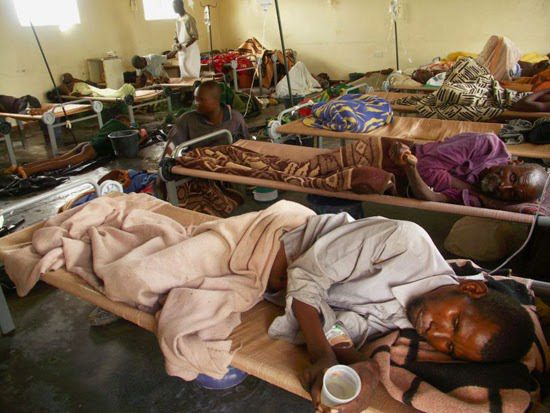The European Union (EU) has allocated GHC 1.6 million (€100,000) in humanitarian aid to assist communities affected by Ghana’s ongoing cholera outbreak.
Since its outbreak in October 2024, the disease has spread across 36 districts in five regions—Greater Accra, Central, Western, Eastern, and Ashanti.
In a press release, the EU stated that its funding would help the Ghana Red Cross Society (GRCS) deliver critical relief interventions, including chlorine for disinfection, handwashing devices, and public health education.
Despite ongoing vaccination efforts, the Ghana Health Service reported 4,850 suspected cases and 35 deaths by the end of December. The outbreak has been linked to poor hygiene, inadequate sanitation, and heavy rains worsening drainage conditions.
The relief efforts will prioritise high-risk areas, including displacement camps and informal settlements on the outskirts of cities.

According to the EU, the funding is expected to benefit 150,000 people at high risk of cholera transmission due to limited access to clean water and sanitation.
The Ghana Red Cross has been leading the response by providing sanitation resources and engaging communities to contain the outbreak.
This support is part of the EU’s broader contribution to the Disaster Response Emergency Fund (DREF) of the International Federation of Red Cross and Red Crescent Societies (IFRC).
The EU has a €14.5 million humanitarian agreement with the IFRC to replenish the DREF, ensuring support for small-scale disasters that do not trigger formal international appeals.
As one of the world’s largest humanitarian donors, the EU, through its Civil Protection and Humanitarian Aid Operations department, provides emergency relief to millions affected by conflicts and natural disasters.
Beyond humanitarian aid, the EU is also investing €40 million in Ghana’s vaccine manufacturing capabilities under the Global Gateway flagship initiative to strengthen the country’s healthcare resilience.


